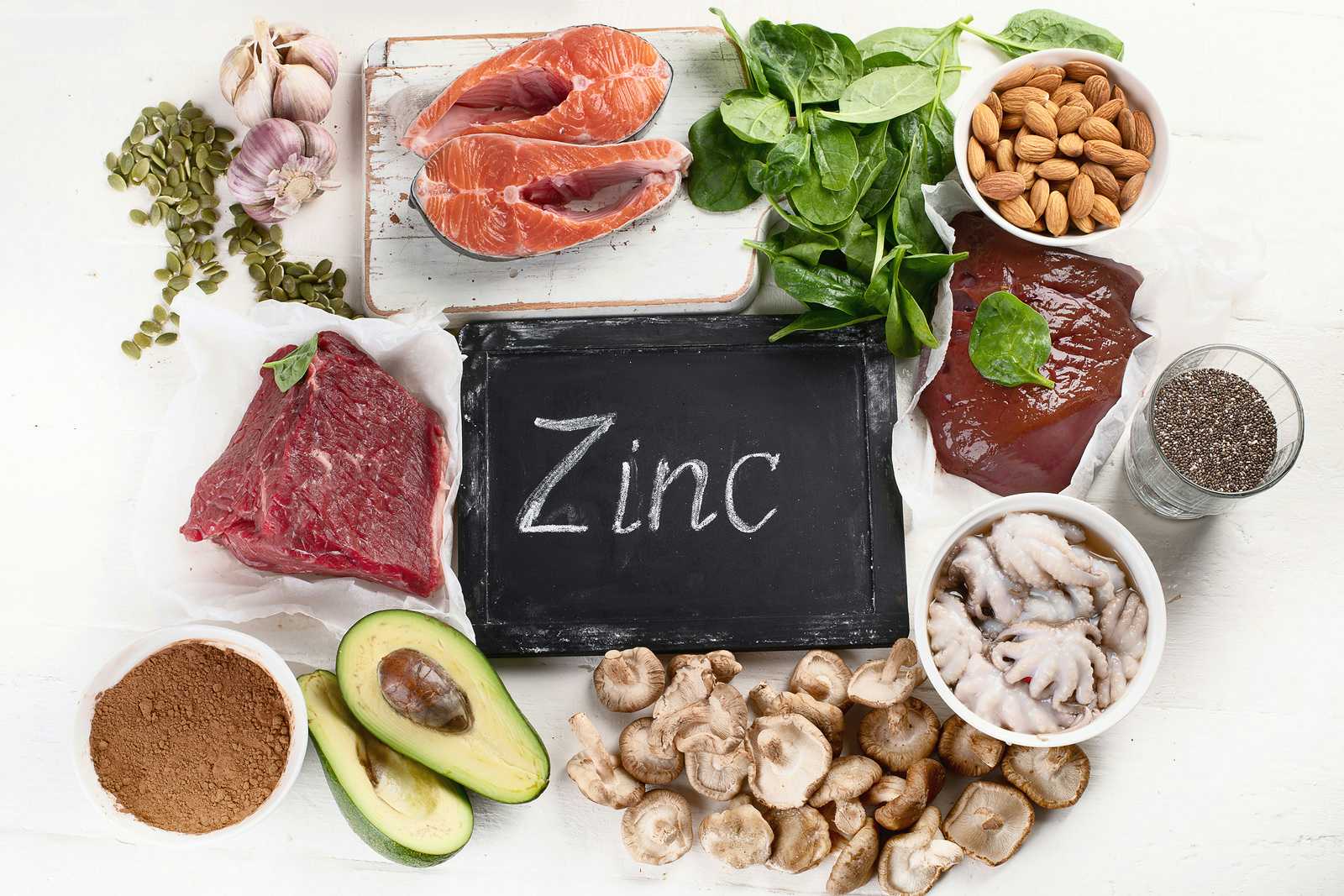
Zinc is not one of the sexy minerals. Doctors and patients are far more interested in calcium, potassium and magnesium. But we think zinc is an unrecognized hero that often gets short shrift. This mineral has a profound impact on how genes are expressed in our bodies. It is essential during pregnancy for proper fetal development. This nutrient is also crucial for a healthy immune system. People with low levels of zinc may be more susceptible to infection. It is also important for wound healing. In addition, zinc plays a critical role in the production and utilization of insulin.
Supplements and Blood Sugar:
A meta-analysis of 32 randomized controlled trials (RCTs) involving 1,700 participants from 14 countries found that zinc supplements can help with blood sugar control (American Journal of Clinical Nutrition, online, June 4, 2019).
The authors pointed out that:
“A growing body of evidence supports an association between hyperglycemia and zinc metabolism. For example, many studies have provided evidence that low zinc status is associated with impaired insulin secretion, decreased insulin sensitivity, and increased inflammatory biomarkers, including IL-6, TNF-α, and high-sensitivity C-reactive protein (hs-CRP).”
Patients with diabetes are more likely to have lower levels of zinc and more difficulty controlling their blood sugar levels. To summarize, the beta cells in the pancreas don’t work as efficiently to make insulin when zinc levels are depressed.
Zinc and Cholesterol!
The investigators also noted:
“Results from previous meta-analyses suggest that zinc supplementation may exert a favorable effect on several plasma lipid parameters, including significantly reduced concentrations of total cholesterol, LDL cholesterol, and triglycerides.”
What The Study Discovered:
The authors of this meta-analysis of placebo-controlled trials think zinc supplementation can be helpful “in preventing and managing diabetes.”
Their observations:
“The results of our meta-analysis show that zinc supplementation can modulate glycemic control both in diabetic patients and in patients with a high risk of developing diabetes. Specifically, we found that zinc supplementation alone is associated with reduced blood glucose concentrations, increased insulin sensitivity, decreased nonenzymatic glycosylation, and reduced inflammation in these subjects.”
Those are all desirable outcomes.
The authors conclude:
“Taken together, these results indicate that zinc supplementation may be used as an adjunct therapy for preventing or managing diabetes.”
How Much Zinc?
The authors did not provide recommendations about the amount of zinc people should consider. We always suggest that this should be a conversation with a knowledgeable health professional.
More Evidence Urging You to Think Zinc:
Another international meta-analysis included 20 randomized controlled trials with 1,141 participants receiving zinc supplements (Biological Trace Element Research, online Sep. 7, 2019). These scientists discovered that people taking zinc supplements had lower blood levels of triglycerides, VLDL cholesterol and total cholesterol. In addition, they had lower levels of fasting blood glucose and HbA1c, a critical measure of blood sugar over time. Because this was a meta-analysis, the investigators did not identify an amount of zinc that is optimal for supplements.
Should You Be Taking Supplements?
If you are not getting adequate zinc in your diet, you might do well to consider a supplement. Consider how often you eat foods rich in zinc such as shellfish.
Zinc in Foods:
According to our dear friend, Tieraona Low Dog, MD, oysters get the very highest marks for zinc, followed by red meat and chicken. Vegetarians may need supplements to get adequate levels of this mineral.
According to Dr. Low Dog:
“Vegetarians may need 50 percent more zinc than those with mixed diets, as the zinc in plants is more difficult to absorb due to the presence of phytic acid.”
Other foods rich in this nutrient include Alaskan king crab, lobster, baked beans, pumpkin seeds, yogurt, cashews and chickpeas (NIH Office of Dietary Supplements).
Zinc Supplements:
The RDA (recommended dietary allowance) for zinc in men is 11 mg and for women is 8 mg. Dr. Low Dog advises against exceeding the upper limit of 40 mg. Too much of this mineral can affect iron function, impact the immune system negatively and lower good HDL cholesterol.
If you shop for supplements, you will see different forms, including zinc gluconate, zinc sulfate, and zinc acetate. While each of these salts contains varying amounts of elemental zinc, we don’t have good research to tell us whether one is preferable to another.
You Might Be Low in Zinc If You Are Taking Certain Drugs:
Most people don’t think about how medications can alter their need for certain nutrients. We suspect that many health professionals are unaware of such problems either. Dr. Low Dog has a magnificent appendix at the back of her book called Drug-Nutrient Depletions and Interactions. In it, she notes that ACE inhibitor blood pressure pills like benazepril, captopril, enalapril and lisinopril can deplete the body of zinc. So can ARBs such as valsartan. Diuretics like hydrochlorothiazide can also lower levels of this mineral.
You can read more about vitamins and minerals and how medications alter levels of crucial nutrients in Dr. Low Dog’s fabulous book, Fortify Your LIFE: Your Guide to Vitamins, Minerals and More.
Citations
- Wang, X., et al, "Zinc supplementation improves glycemic control for diabetes prevention and management: a systematic review and meta-analysis of randomized controlled trials," American Journal of Clinical Nutrition, online, June 4, 2019, DOI: 10.1093/ajcn/nqz041
- Khazdouz M et al, "Effects of zinc supplementation on cardiometabolic risk factors: A systematic review and meta-analysis of randomized controlled trials." Biological Trace Element Research, online Sep. 7, 2019. DOI: 10.1007/s12011-019-01870-9


